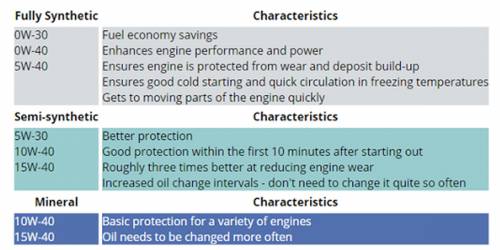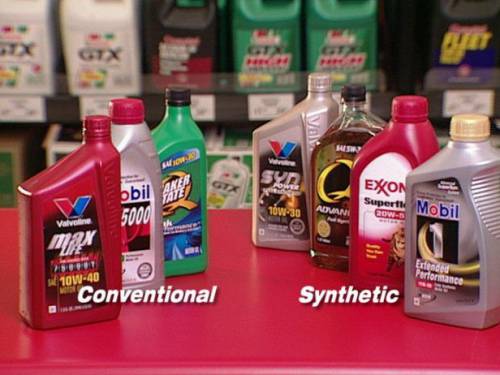Many people are unaware of what engine oil grade means. They just follow the guidelines provided by the manufacturer, each time they carry out the oil change. However, acquiring knowledge on what the grades mean provides you with relevant knowledge of choosing the best grade of engine oil for your vehicle.
To begin with, do not ever purchase an oil if you do not see the following:
1. The purpose (motor oil or gear oil)
2. The viscosity (10w40, 5w30, etc.)
3. Whether it meets API and ACEA specifications
4. The OEM approvals and their respective codes
Types of Car Engine Oils
The following are the different engine oils available for cars:
a. Fully synthetic oil – made from chemicals to meet modern day’s engine performance
b. Part synthetic oil – blend of synthetic chemicals and mineral oils that provide all round protection
c. Mineral oil – obtained from naturally occurring crude oils and are on the thicker side
Different Grades of Engine Oils
a. 5W – 30
b. 5W – 40
c. 10W – 40
d. 15W – 40
Viscosity
The viscosity of the engine oil alters according to the temperature. Therefore, manufacturers introduced combination oils like the grades mentioned above so that any car can start and offer similar performance irrespective of the seasonal changes.
Choosing the Best Oil Grade
Opting for the best oil grade for your car depends on the model that you are driving. Additionally, it also depends on whether you are driving a petrol or diesel vehicle. Every manufacturer provides the details related to the oil that the owner should use each time they opt for engine oil top-up or replacement.






One thought on “What Does Engine Oil Grades mean?”